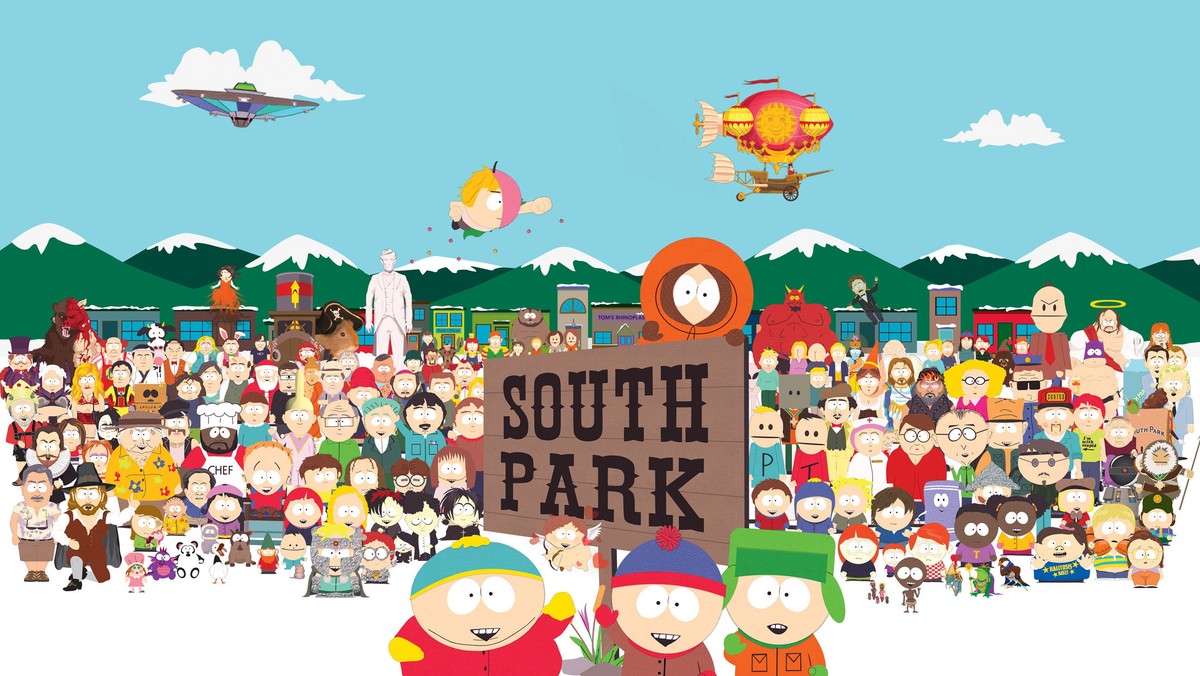South Park’s ruthless return against Donald Trump is more than satire. It exposes power’s absurdities, democracy’s fragility, and the enduring role of humour in political critique.

South Park has always thrived on the outrageous. Its creators, Trey Parker and Matt Stone, built a cultural empire by skewering authority, mocking sacred cows, and pushing satire to the edge of offence. Yet when the show returned with episodes ruthlessly targeting Donald Trump, it crossed from entertainment into something more profound: political critique in cartoon form. Satire is not neutral. It shapes perception, builds narratives, and punctures myths. When South Park lampoons Trump, it does more than generate laughs. It frames power as absurd, exposing weaknesses that official opposition cannot always articulate.
The return of South Park thus matters beyond comedy. It demonstrates how humour becomes weapon, how satire sustains democracy, and how cultural critique challenges political spectacle. Since its debut in 1997, South Park has been lightning rod. It mocked celebrities, politicians, religions. It offended and entertained in equal measure. Its power lies in irreverence—no figure too sacred, no ideology immune.
Trump’s rise presented paradox. How do you satirise a man who embodies spectacle, who mocks himself by nature, who thrives on outrage? For years, Parker and Stone wavered, unsure satire could outpace reality.
Yet their return proved satire still potent. By amplifying absurdity, they reframed Trump not as untouchable force but as fragile caricature.

Democracies depend on critique. Opposition parties, investigative journalists, watchdogs—all play roles. Yet satire adds unique weapon: ridicule. Power fears laughter more than protest. Authoritarians censor jokes before newspapers. Dictators jail comedians before critics. South Park’s return illustrates this truth. Its Trump episodes did not just entertain—they destabilised narrative. By portraying him as buffoon, they stripped aura of inevitability. Satire becomes resistance. In fragile democracies, ridicule sustains resilience.
Trump is character as much as politician. His speeches, gestures, contradictions—already cartoonish. South Park exaggerated but did not invent. The absurdity was inherent. The satire revealed truth: Trump is spectacle first, policy second. By framing him as character, South Park underscored fragility of his politics. Spectacle can win elections but struggles to govern. Satire exposed what analysis often missed: the comedy of chaos. Cultural critique shapes politics indirectly. Viewers internalise ridicule. Memes spread faster than manifestos. Jokes corrode legitimacy more than reports. South Park’s ruthless return reached millions across generations. For younger audiences, satire is political education. For older viewers, it is affirmation. Cultural power translates into political consequence. Trump’s supporters dismiss satire as bias. Yet repetition matters. Ridicule chips away at myth. Comedy becomes counterpower.
Satire also reveals democracy’s fragility. That a cartoon must carry burden of critique reflects weakness in institutions. When courts falter, when media polarise, when parties fail—comedians step in. This is double-edged. Satire sustains critique, but it cannot replace accountability. Democracies that rely on comedians for resistance are already fragile. South Park’s ruthless humour is both sign of resilience and symptom of decline.

Trump is not only American phenomenon. His image reverberates globally. Satire about him resonates in Europe, Asia, Latin America. South Park’s ridicule contributes to international narrative: America as absurd spectacle.
Authoritarian adversaries exploit this. Russian and Chinese media amplify satire as evidence of U.S. decline. Allies watch with unease—if American democracy is cartoon, can it still lead? Satire has global consequences. Its humour becomes geopolitics.
For citizens, laughter is coping mechanism. In chaos, humour sustains sanity. In fragility, it sustains hope. South Park empowers citizens not by solutions but by perspective. It teaches to doubt, to question, to ridicule. This is democratic muscle. Citizens who laugh at power are less likely to worship it. Laughter sustains vigilance.
Satire is ruthless by design. Yet moral questions linger. Does ridicule deepen division? Does it humiliate rather than enlighten? South Park’s Trump episodes walk line. For some, they empower critique. For others, they fuel resentment. Satire risks polarisation. Yet silence is worse. The moral balance favours humour with conscience over complicity with fear.
South Park’s ruthless return against Trump matters because satire is democracy’s mirror. It exposes absurdity, punctures spectacle, sustains critique.
This still matters because democracies cannot survive without laughter. Authoritarianism thrives on fear. Democracy thrives on ridicule. Trump’s spectacle invited satire. South Park delivered ruthlessness.
The question is not whether satire offends. It will. The question is whether democracies embrace laughter as resilience—or silence it into fragility.

Kelly Dowd, MBA, MA, is an author, systems architect, and Editor-in-Chief of WTM MEDIA. Dowd examines the intersections of people, power, politics, and design—bringing clarity to the forces that shape democracy, influence culture, and determine the future of global society. Their work blends rigorous analysis with cultural insight, inviting readers to think critically about the world and its unfolding narratives.

At the intersection of brain chemistry and human longing, intimacy between men reveals a landscape of vulnerability, reward, and identity. This article delves into how neural circuits, hormonal dynamics, and psychological frameworks undergird male-male intimacy—why it matters, why it unsettles, and why it offers one of the deepest paths to self-knowledge and human connection. By combining neuroscience, endocrinology, and relational psychology, this piece argues that male intimacy is not a peripheral luxury but a core human imperative: a frontier where biology and spirit collide.

AI is reshaping medicine from diagnostic tool to empathic collaborator — a transformation that redefines care, ethics, and the essence of healing itself.

Across alliances, borders, and institutions, power is increasingly exercised without trust. This article examines how legitimacy—not military strength or economic size—has become the decisive variable in global stability, and why its erosion now threatens international order.